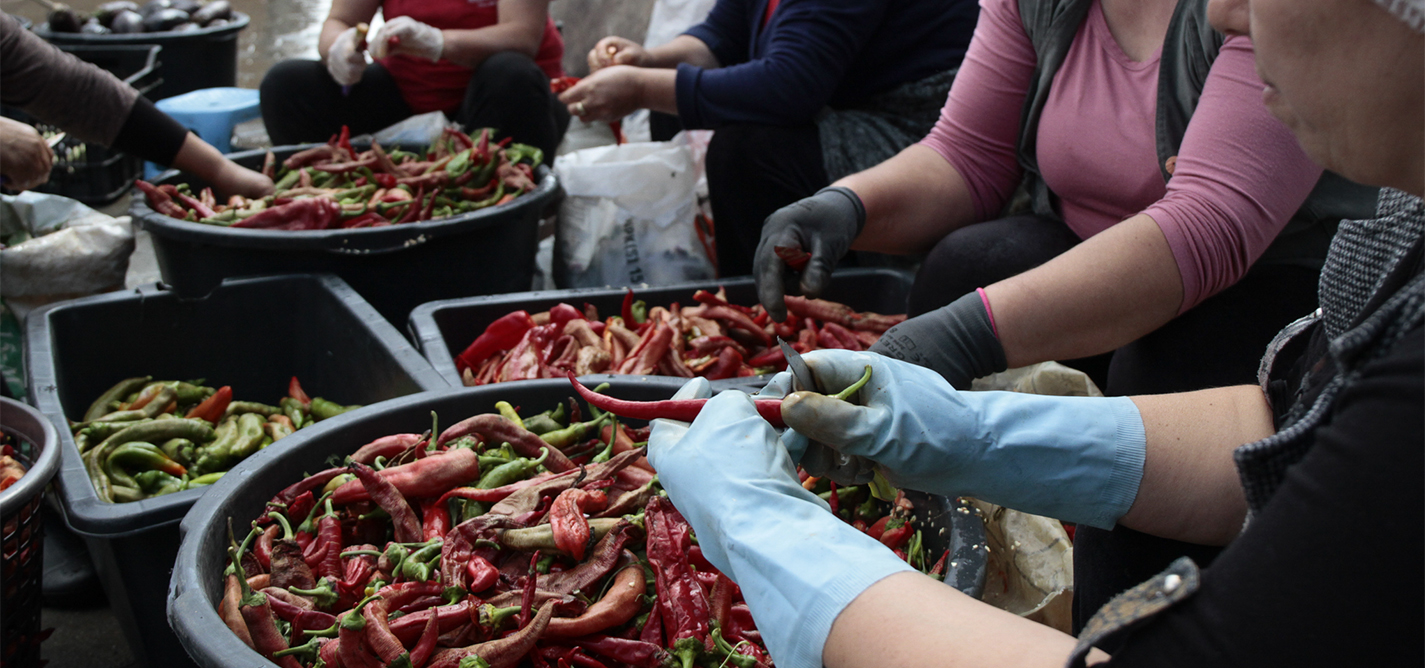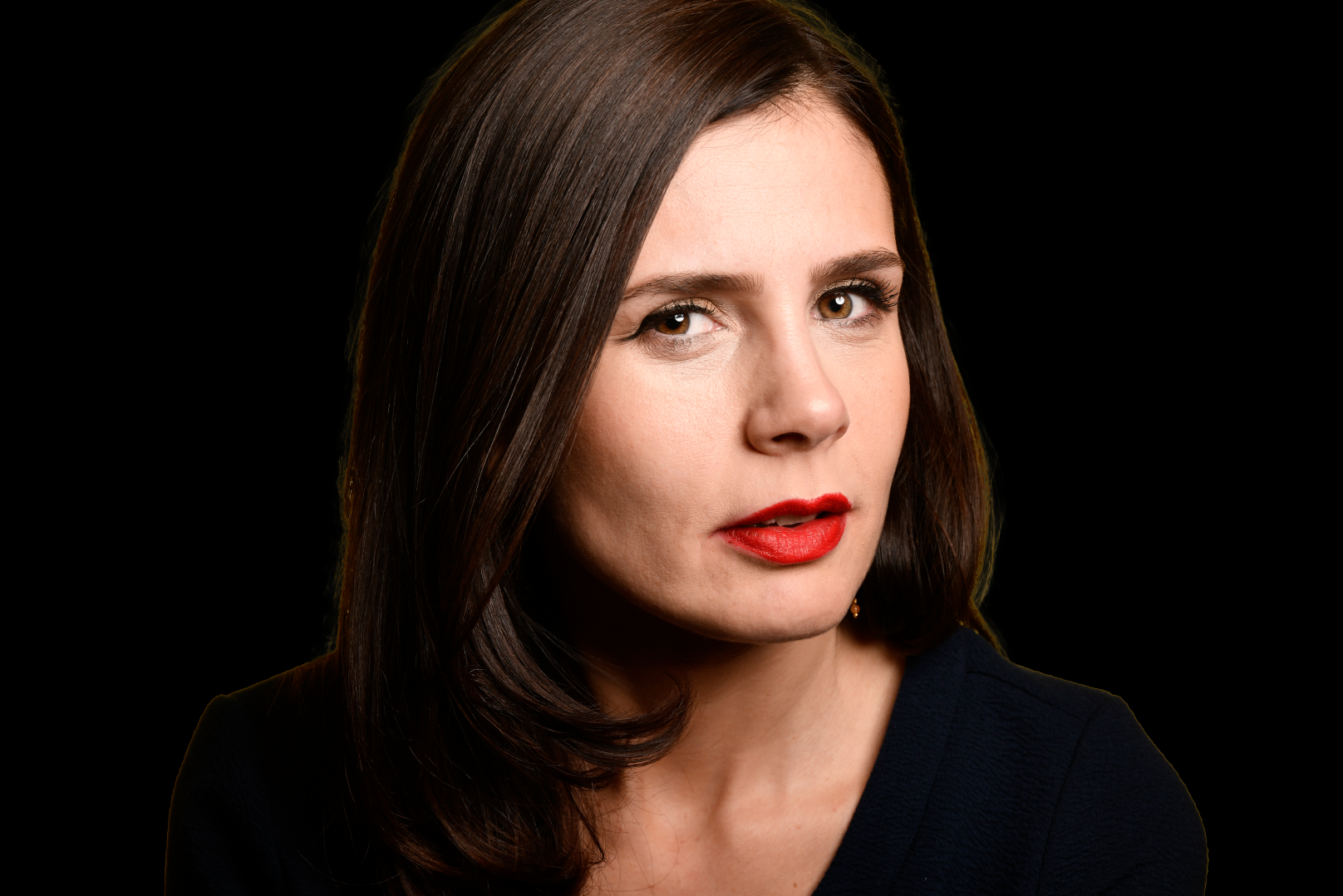
Who’s representing rural women?
Municipalities and candidates doing little to end isolation.
|17.10.2017
|
“If there were five more centers run by women in Rahovec they would break the taboo and give a good lesson and hope to women everywhere."
“This campaign isn’t any different from times before, because they talk about infrastructure in detail, about sewers, about a project, but they do not talk about what women and children will gain for their well being.”
Luljeta Demolli, Barazia co-founder“I really feel like raising the voice of women in the villages. Nobody is doing this. I know women who are educated women but don’t have a job. I know illiterate women but they can do something if they are supported.”
Valdete Sahiti, Vitia Assembly candidate
Dafina Halili
Dafina Halili is a senior journalist at K2.0, covering mainly human rights and social justice issues. Dafina has a master’s degree in diversity and the media from the University of Westminster in London, U.K..
This story was originally written in English.